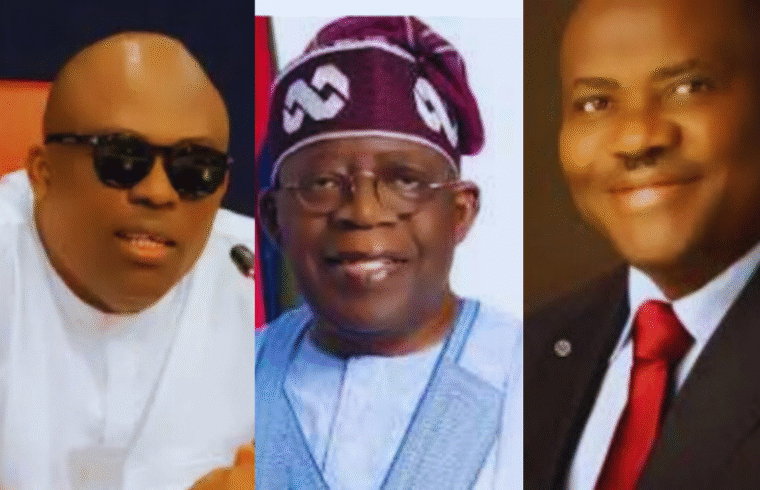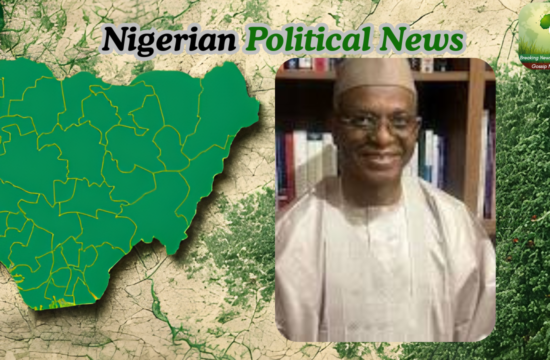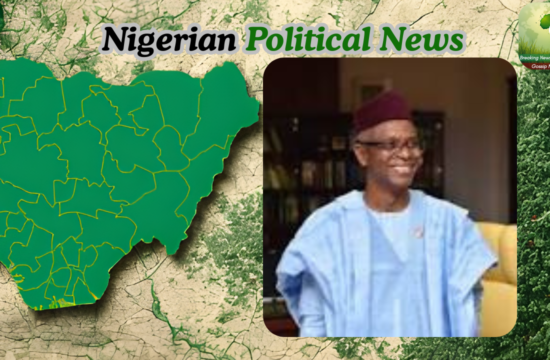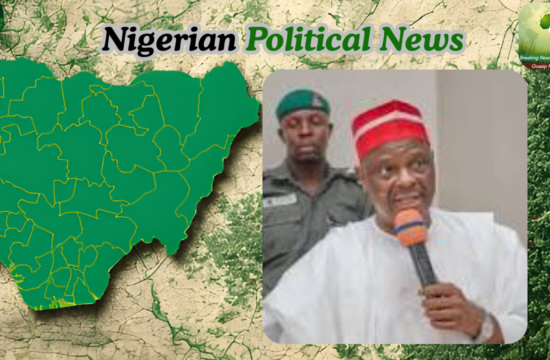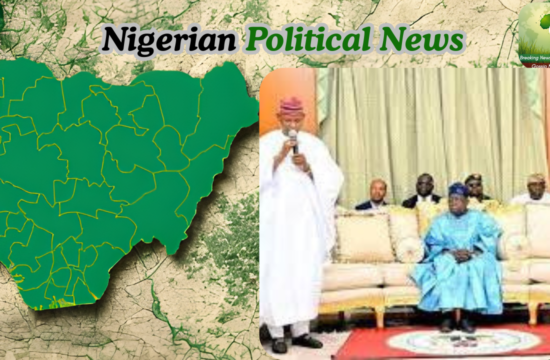The six-month emergency rule in Rivers State has expired, setting the stage for a return to democratic governance.
The Minister of the Federal Capital Territory, Nyesom Wike, who previously governed the state for eight years, had earlier suggested that conditions were right for lifting the emergency.
On March 18, 2025, President Bola Tinubu suspended Governor Siminalayi Fubara, his deputy Ngozi Odu, and the Rivers State House of Assembly, citing political hostilities that spiraled into a crisis threatening law and order.
Roots of the Conflict
The rift between Wike and Fubara began in October 2023, just months after Fubara assumed office. At its core was a battle for control of the state’s political structure, with both men commanding rival factions within the Peoples Democratic Party (PDP).
The rivalry quickly spread to the legislature, polarizing the state into two opposing camps.
Assembly Fire and Demolition
On October 29, 2023, an explosion gutted part of the assembly complex in Port Harcourt, halting legislative activities.
By December 2023, the Fubara administration demolished the building, claiming safety concerns and plans for renovation. Critics, however, alleged it was a strategy to weaken opposition dominance in the assembly.
Abuja Peace Pact
Seeking calm, President Tinubu summoned both camps to the Presidential Villa on December 18, 2023.
An eight-point agreement was signed, including the withdrawal of impeachment moves against the governor and recognition of Martin Amaewhule as speaker.
But the truce collapsed within weeks. Fubara later said he was coerced into signing and accused Wike’s loyalists of failing to honor the deal.
Budget Standoff and Court Orders
The assembly crisis stalled budget presentation in 2024. When Fubara eventually laid the 2025 budget before a rival assembly led by Victor Oko-Jumbo, the Amaewhule faction went to court.
In February 2025, the Supreme Court directed the Central Bank of Nigeria (CBN) to withhold Rivers’ monthly allocations until the governor submitted the budget to Amaewhule’s group.
Although Fubara pledged compliance, he was later barred from accessing the assembly complex to present the budget.
Local Elections Crisis
The October 2024 local government elections organized by the Rivers electoral body were heavily criticized and eventually annulled by the Supreme Court for failing to meet legal standards.
The ruling deepened public doubts about the state’s political institutions.
Competing Assemblies
In December 2023, a Rivers State High Court recognized Edison Ehie, a Fubara ally, as the authentic speaker and barred Amaewhule and Dumle Maol from presiding.
Ehie declared 25 seats vacant after 27 lawmakers defected, further fracturing the assembly.
Cabinet Resignations
Between December 2023 and May 2024, several commissioners aligned with Wike resigned, citing pressure and hostile work environments.
Notable resignations included Chinedu Mmom (Education), Gift Worlu (Housing), and Inime Chinwenwo Aguma (Social Welfare).
Impeachment Attempt
By March 2025, lawmakers launched impeachment proceedings against Fubara, accusing him of financial mismanagement and misconduct, with 19 allegations listed.
The impeachment push marked the peak of the political confrontation.
Tinubu’s Intervention
On March 18, 2025, President Tinubu declared emergency rule in Rivers and appointed Ibok-Ete Ibas as sole administrator, effectively sidelining both the governor and the assembly.
Search for Peace
In June 2025, Tinubu again brought Wike and Fubara together in Abuja. Both men publicly pledged to bury their differences and work in unity.
Now, with emergency rule lifted and Fubara reinstated, observers say the state’s political future depends on whether this fragile truce can hold.


